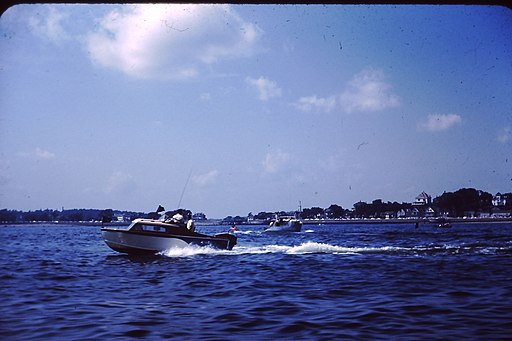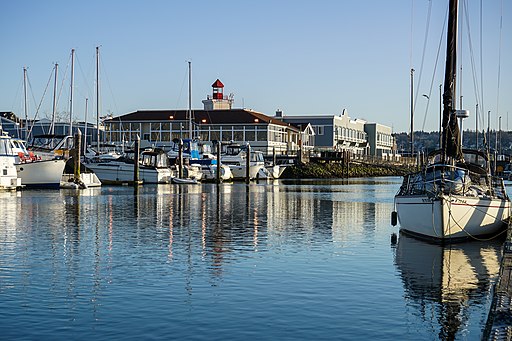Environmental impacts of increasing leisure boating activity in Mediterranean coastal waters
Posted
Last Updated

Leisure boating is an important economic activity which is increasing in popularity worldwide, and the Mediterranean Sea is one of the most popular nautical tourism destinations in the world. While the overall ecological impacts of recreational boating on freshwater ecosystems have been relatively well studied, very few works have assessed its impacts on marine ecosystems. This is the first holistic review of the ecological impacts of leisure boating in the Mediterranean Sea. Impacts are classified in different categories and rated following a risk assessment matrix. Major or high impacts include anchoring impacts on seagrass meadows (Posidonia oceanica), motor noise disturbance, toxic antifouling products, and transport of exotic species. Moderate impacts include discharge of grey waters, air pollution, and fuel and oil leaks. Low impacts include sediment resuspension, discharge of black waters and marine litter, artificial light emissions, and animal feeding. The conclusion drawn is that there is an urgent need to raise awareness of the potential impacts of leisure boating in Mediterranean coastal environments. Greater research effort is required to monitor these ecological impacts and pressures, especially in marine protected areas (MPAs), with the aim of drawing up management measures to mitigate the identified impacts. Furthermore, a holistic approach involving marine scientists and engineers, policy makers, and the boating industry needs to be adopted to lower the impacts of recreational boating both in the Mediterranean and in other parts of the world.
1. Introduction
Leisure boating is an important economic activity which is increasing in popularity worldwide, with the Mediterranean Sea one of the most popular nautical tourism destination in the world (Venturini et al., 2016). The Mediterranean attracts all types of leisure boaters, not only because of its climate and landscape, but also because it is well provided with marinas, and manufacturing, refit and repair facilities (Cappato, 2011). As part of coastal tourism, leisure boating is one of the pillars of the EU Blue Economy (European Commission, 2018). There are around 400,000 berths in the Mediterranean, distributed in 940 marinas (Billé and Lowezanin, 2010; Cappato, 2011) with more than half of these concentrated in Italy (253), Spain (191), and France (124). According to the European Boating Industry (EBI, 2019), 36 million European citizens regularly participate in recreational boating activities, with the vessels used either owned by the participants themselves or chartered (DG Enterprise and Industry, 2015).
Read more at www.sciencedirect.com

